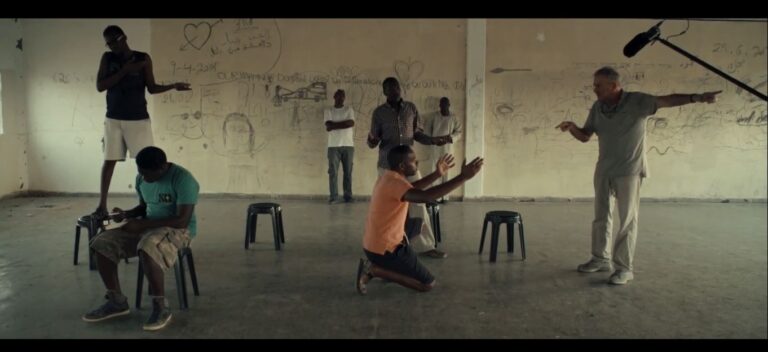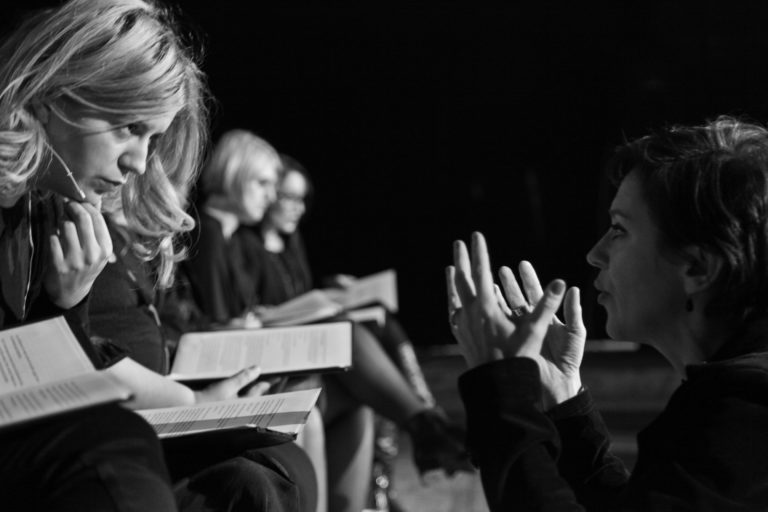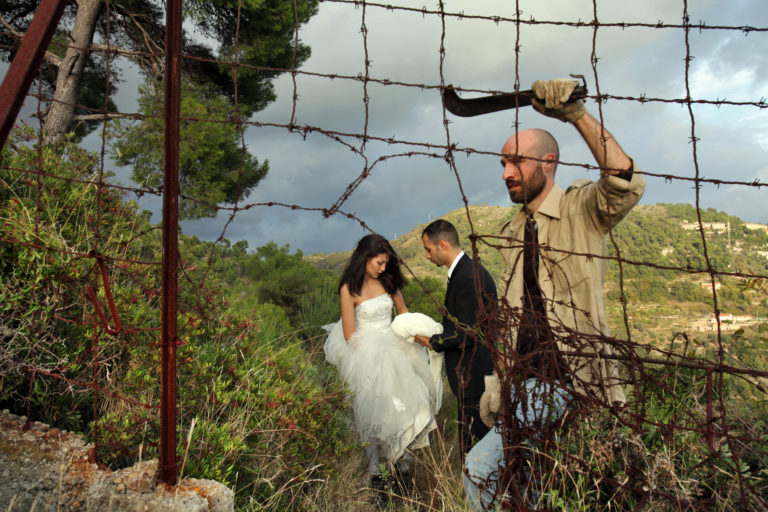This essay negotiates the critical tension between race as an analytic and social construct by examining how race becomes socialized in and through the production and presentation of Arab culture in two ethnographic case studies: how Syrian musicians negotiate musical multiculturalism as they integrate into German society and how independent musicians in Egypt navigate the racialized entanglements of national and international security logics that privilege Western foreigners. Both these case studies center the “foreigner” subject as one who embodies proximity to white power and delimits the boundaries of such power. We argue that the category of foreigner is thus a racialized construct that not only complicates the Black–white binary of race relations but strategically evades explicit discourses and practices of racecraft that are violent, discriminatory, and exclusionary. By provincializing critical race theory through the particularities of Arab lived experience, we illustrate how local social categories are entangled with historic legacies of empire and contemporary global logics of racialized difference while remaining sensitive to how conceptions of difference exceed Euro-American categories of race. Our work therefore directs attention towards alternative enactments of racialization within the Global South.
Keyword: asylum
Black Skin, White Cameras: African Asylum-Seekers in Israeli Documentary Film
The recent arrival in Israel of thousands of refugees from countries like Eritrea, Ethiopia, and Sudan has triggered a spate of hate crimes and mob violence. Asked about these asylum seekers in 2012, Likud-party member Miri Regev called them a “cancer.” For this comment, she later apologized—not to the African asylum-seekers but to Israeli cancer survivors, and she expressed regret for comparing them to Africans. Around that same time, Interior Minister Eli Yishai of the Shas Party told a reporter that “this country belongs to us, to the white man.” Continuing on, he stated that he would use “all the tools [necessary] to expel the foreigners, until not one infiltrator remains.” While the racial dynamics of Israel have been thoroughly examined with respect to both intra-Jewish tensions (Ashkenazi supremacy) and the Palestinian issue (white settler-colonialism), in this essay, I want to theorize Israeli whiteness with respect to the African refugees. Specifically, I will examine two recent Israeli documentaries dealing with African refugees—Hotline (dir. Silvina Landsmann, 2015) and Between Fences (dir. Avi Mograbi, 2016). Both openly demonstrate solidarity with the African asylum-seekers, but they do so in different ways, and if the former film leaves the racial hierarchies of Zionism intact, the latter works to shatter them.
Touring Testimonies: Rebalancing the Public Realm through Human Rights Activism in Asylum Monologues and Seven
In the contemporary globalized world, the life stories of marginalized and vulnerable peoples play a crucial role in attempting to leverage justice. Charities, non-governmental organizations (NGOs), and other bodies concerned to “raise the voices” of asylum seekers, displaced peoples, and victims of abuse flood the internet and other media with written and filmed testimonies in…
Concealment, Revelation, and Masquerade in Europe’s Asylum Apparatus: Intimate Life at the Border
In 2010, a landmark UK Supreme Court case was won on behalf of two gay men, from Cameroon and Iran, whose applications for asylum due to sexual identity had previously been rejected on the basis of a prevailing “reasonable tolerability” concept—that is, the view that gay applicants could conceal their homosexuality by acting discreetly upon…



